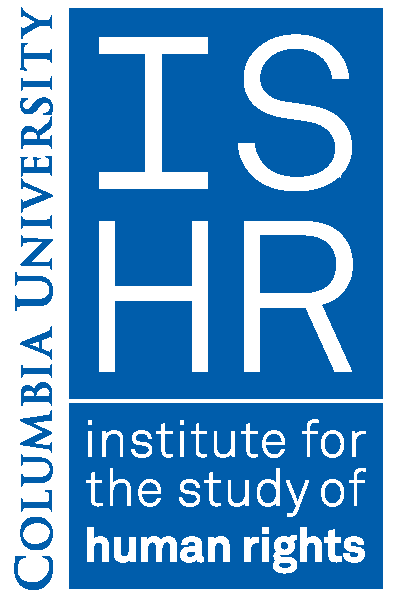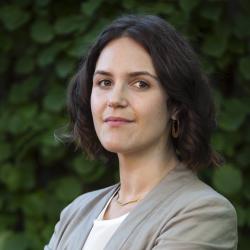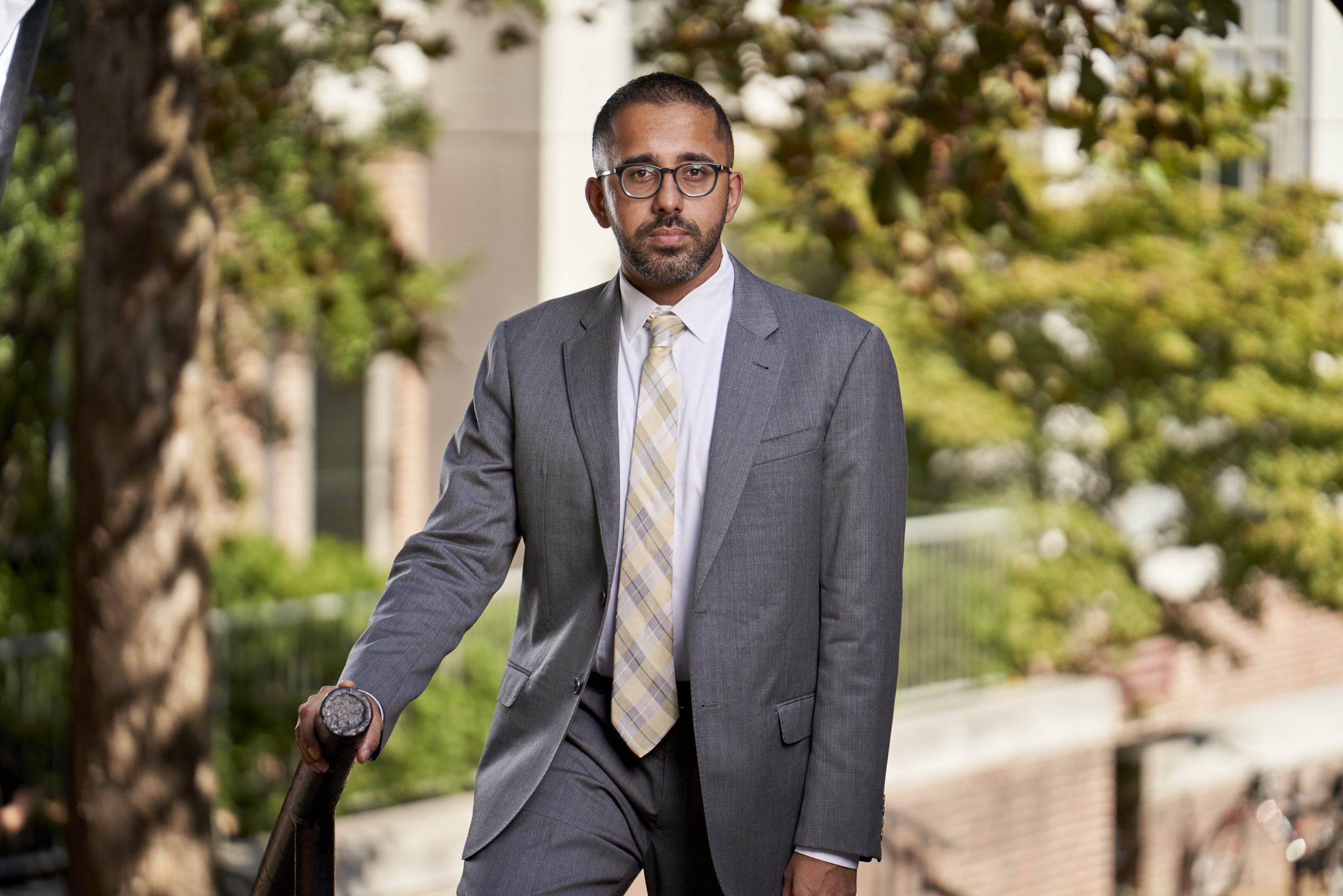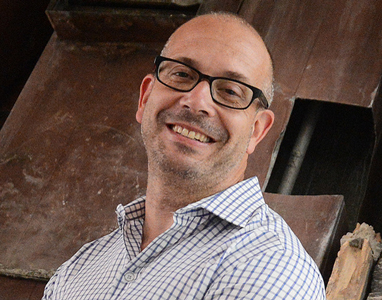The Undergraduate Committee on Global Thought presents:
Tech for Social Good?
The rapid rise of tech giants and information networks has had global consequences, from the information-sharing fueled rise of conspiracy-driven populism, to disparate calls for regulatory responses to disinformation and hate speech, to questions on how AI can be used to infringe upon basic human rights. How can the same technological forces triggering disruption be harnessed for social good? What social, legal, and philosophical pathways could pave the way for this paradigm shift? Join the Undergraduate Committee on Global Thought for a discussion of the global implications of the rise of big tech and the possible pathways to achieving digital inclusion on a global scale.
Co-sponsored by the Institute for the Study of Human Rights


 G.S. Hans | Assistant Clinical Professor of Law, Vanderbilt University
G.S. Hans | Assistant Clinical Professor of Law, Vanderbilt University Mark Hansen | David and Helen Gurley Brown Professor of Journalism and Innovation; Director of the David and Helen Gurley Brown Institute of Media Innovation; Member, Committee on Global Thought
Mark Hansen | David and Helen Gurley Brown Professor of Journalism and Innovation; Director of the David and Helen Gurley Brown Institute of Media Innovation; Member, Committee on Global Thought